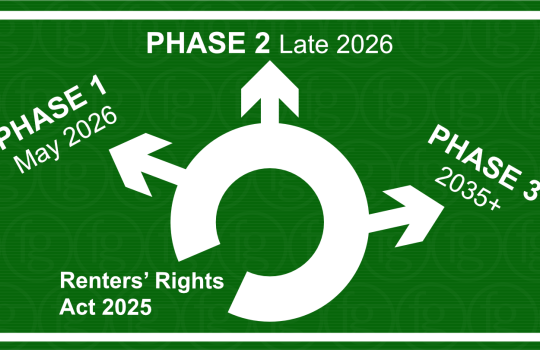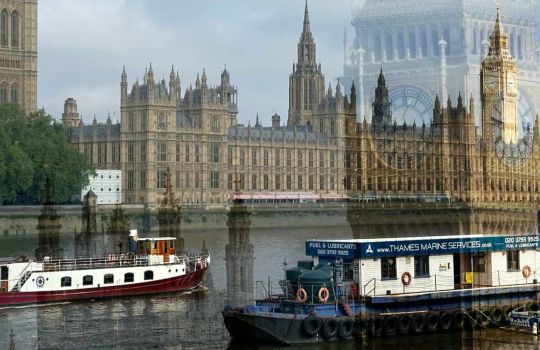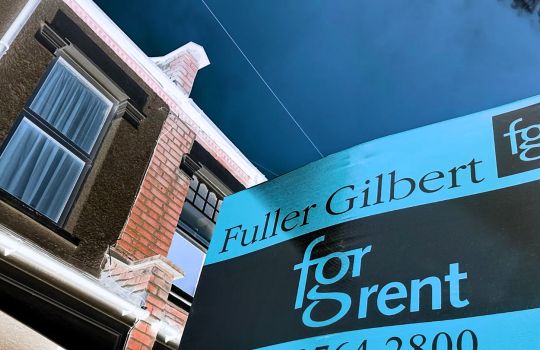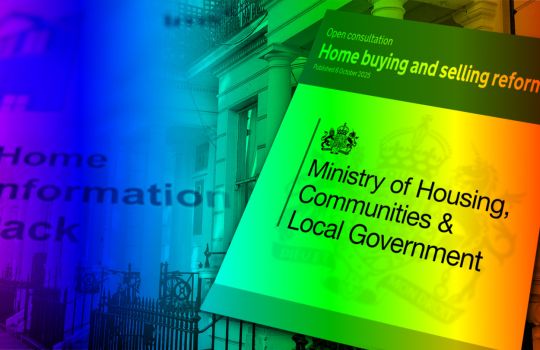Where we're at: The Leasehold and Freehold Reform Act 2024

The Leasehold and Freehold Reform Act 2024, which received Royal Assent on 24 May 2024, is part of a long-awaited overhaul of property law that aims to simplify the process of buying freeholds, extending leases, reducing costs, and ultimately phasing out leasehold houses altogether.
However, the Act’s provisions require secondary legislation and further consultation before they are fully implemented. To this end, the government has pledged to enact these changes as soon as possible - but it could take months or even years before all of the provisions are operational.
So, until then, here's a brief summary outlining where we’re at, and what key provisions leaseholders and freeholders should potentially be aware of going forward …
Changes already in effect:
Abolishing Barriers
One of the most immediate changes has been the abolition of the two-year ownership rule. Since 31 January 2025, leaseholders no longer need to wait two years before applying to extend their lease. This is expected to benefit first-time buyers and those looking to act quickly in a volatile market.
Reforms still pending implementation:
Marriage value
This refers to the increase in property value resulting from the ‘marriage’ of a leaseholder’s and freeholder’s interests. It is particularly relevant when the lease term falls below 80 years. Currently, once a lease hits this mark, the leaseholder must pay a premium to the freeholder as part of the lease extension.
With the reform, marriage value will no longer factor into the premium calculation. This is a welcome change for leaseholders, as it will make extending leases and acquiring freeholds more financially accessible, especially in properties with a short lease term. However, until secondary legislation is passed, the current rules still apply.
Longer leases, lower costs
The Act also mandates 990-year lease terms for both flats and houses, replacing the current 90- and 50-year standards. This change, once in force, will offer leaseholders near-permanent tenure and reduce the need for future extensions.
In a further bid to level the playing field, leaseholders will no longer be required to cover the freeholder’s legal and administrative costs during enfranchisement (the legal process in the UK where leaseholders of a property can buy the freehold of their property or extend their lease). Instead, each party will pay their own way - removing a long-standing financial hurdle.
Mixed-use and modernisation
The reforms also address mixed-use buildings, where residential and commercial spaces coexist. Under the new rules, leaseholders will be eligible to buy the freehold even if up to 50% of the building is non-residential - a significant increase from the previous 25% threshold.
Goodbye to leasehold houses
Perhaps most notably, the Act signals the end of leasehold houses. Except in rare cases, developers will no longer be allowed to sell new houses on a leasehold basis. The move is expected to protect future homeowners from escalating ground rents and restrictive covenants.
What about co-freeholders?
While the legislation is not aimed at co-freeholders - those who already own a share of their building’s freehold - it may still affect them. Changes to lease terms and enfranchisement rules could alter how mixed-use buildings are managed and how costs are shared among owners.
To wait or not to wait?
For leaseholders nearing the 80-year mark, the question remains: act now or wait for the reforms to take full effect? A general rule of thumb is that if your lease is approaching 85 years, it’s worth considering an extension sooner rather than later, as the cost could rise significantly if marriage value still applies when your lease drops below 80 years.
Looking ahead
The government has committed to implementing the reforms “as soon as possible,” but the timeline remains uncertain. In the meantime, property owners are urged to follow developments closely and seek professional advice before making major decisions.
Whether you're a leaseholder, freeholder, or co-freeholder, the Leasehold and Freehold Reform Act 2024 marks a turning point in UK property law - one that promises to reshape the market for years to come.
This article is for informational purposes only and is based on current UK legislation as of June 2025. Please seek legal advice before making any property decisions.














